Humans of Gaza: Dr. Ahmed Almaqadma, Al-Shifa surgeon, killed with mother
By Humaira Ahad
“Today is the first day of Ramadan, the situation in Gaza is still catastrophic, there is a huge need for fuel, and medicine and … [for] hospital to be functional. Twenty-five patients lost their lives due to starvation. Airdrop of aid (is) not (fulfilling) the huge need for food in Gaza. This genocide must be stopped now. Enough is enough.”
These are the final words of Dr. Ahmed Almaqadma, posted on his Instagram page, before he was killed by the Israeli regime.
Dr. Almaqadma worked as a surgeon at the al-Shifa Hospital’s plastic surgery department, the biggest hospital in the besieged Palestinian territory now lying in ruins.
Following the Israeli siege of the hospital during Ramadan (corresponding with March 2024), the Gaza-based doctor and his physician mother Yusra went missing.
The bodies of the mother-son duo and Almaqadma’s cousin Bassem al-Maqadmeh were found two weeks later at a nearby Carrefour Mall in Gaza City.
The regime’s army had abducted the medical practitioners from the hospital, murdered them in cold blood and dumped away their bodies.
The promising doctor and a father of two young children had envisioned a bright future for himself. He was full of dreams and ambitions that were shattered.
Almaqadma graduated from Misr University of Science and Technology, Egypt. He later specialized in reconstructive plastic and orthopedic surgery.
The Palestinian surgeon completed the Medical Aid for Palestinians Incision Academy general surgery program-research on patients suffering from complex trauma morbidities.
He also won the Humanitarian Surgery Innovation fellowship from the Royal College of Surgeons of England.
The young medic was recognized for his contributions as an organizer for working on a Gaza case study related to delivering ortho-plastic surgical care in conflict zones.
The Israeli war on Gaza had left Almaqadma deeply traumatized. The Palestinian medic used his Instagram handle to document the genocidal crimes committed by the regime against Gazans.
In one of his social media posts, Dr. Almaqadma narrated the heartbreaking details of a daughter’s longing for her father and how the war filled the young girl with fear.
Upon visiting his cousin’s grave who was killed by the occupation forces, Almaqadma penned an emotional note.
“When I go to pray for my cousin, I found those massages [messages] on his grave from his only 8 years daughter who [is] still alive. My cousin and his family were victims of an occupation airstrike in November 2023. Noha the author of massage [message] wrote to her father that he and her mother was honey with her… I spoke with her a week ago and she till [told] me that she is very scared from airstrikes and how the bombing is very horrible for her! This Genocide must [be] stopped soon!”
Dealing with patients, mostly children, preparing for surgery became the scariest thing for Almaqadma and his colleagues after the events of October 7.
The acute lack of medical supplies was a constant worry for the surgeon.
“Sterilizing surgical equipment and treating wounds are getting more difficult with each passing day. In desperation, we are turning to makeshift methods such as using vinegar to treat bacterial wounds. But, in all reality, Gaza’s healthcare system has collapsed,” Almaqadma wrote before the raid on his hospital.
“And it is not just patients crammed in the hospital. 30,000 refugees are taking shelter in the hospital courtyard and in the corridors, they are people who lost their homes due to the bombardment. Now, they believe that the hospitals are safe spaces and won’t be targeted.”
The young doctor had also sought refuge in the hospital, believing it was safe.
Almaqadma’s stay at the hospital had left the doctor worried as he observed the continuously deteriorating mental condition of his patients.
“Patients often wake up and wail on their beds because of nightmares,” the surgeon stated in an Instagram post in February.
“They say that their loved ones died before their eyes. A vast majority of the injured and dead are children and women.”
He would also talk about the psychological stress and trauma faced by the medical fraternity in Gaza, who he said work for 16 to 18 hours daily “despite the loss of home, family or colleagues.”
In an obituary for Dr. Almaqadma, President of the Royal College of Surgeons of England, Tim Mitchell, said he was “deeply saddened” by his murder.
“We are deeply saddened to hear of the death of surgeon Dr Ahmed Almaqadma. The Royal College of Surgeons of England supports the World Health Organization’s call for the protection of health facilities, health workers, patients and civilians in accordance with international humanitarian law.”
Ghassan Abu Sittah, a British-Palestinian reconstructive surgeon who worked in various Gaza hospitals during the initial months of the war, also paid tribute to him.
"They killed my friend and colleague…a beautiful soul and great surgeon. We worked together in the Great Marches of Return during the 2021 war and then this recent war. His dedication was unlike anything I have ever seen. We will never forgive."
On Monday, Gaza’s Health Ministry and Civil Defense Forces uncovered a new mass grave at the decimated al-Shifa Hospital.
The uncovered bodies had not fully decomposed, which indicates they had been killed recently. The bodies belonged to patients with some still having bandages and catheters attached to the corpses.
Hundreds of bodies have been recovered from the hospital grounds since the regime’s army ended its deadly siege there on April 1, leaving behind a trail of death and destruction.
Trump revokes security clearance of Biden aides in sweeping vendetta
Trump’s trade war against China to make US more irrelevant on world stage
VIDEO | Press TV's news headlines
VIDEO | Displaced people in Jenin camp facing miseries during Ramadan
VIDEO | Struggling for survival: Water crisis in Gaza intensifies
VIDEO | US-South Korea military drills go ahead despite bombing accident
VIDEO | Gaza war aftermath: Patients at risk as fuel, medical supplies cut
Iran: US decision to revoke Iraq waiver ‘extremely deplorable’


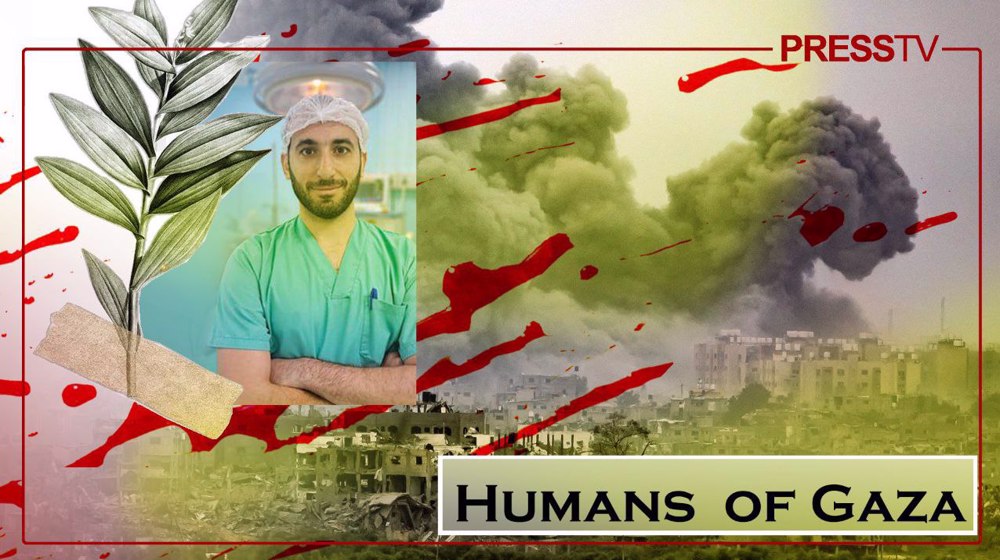
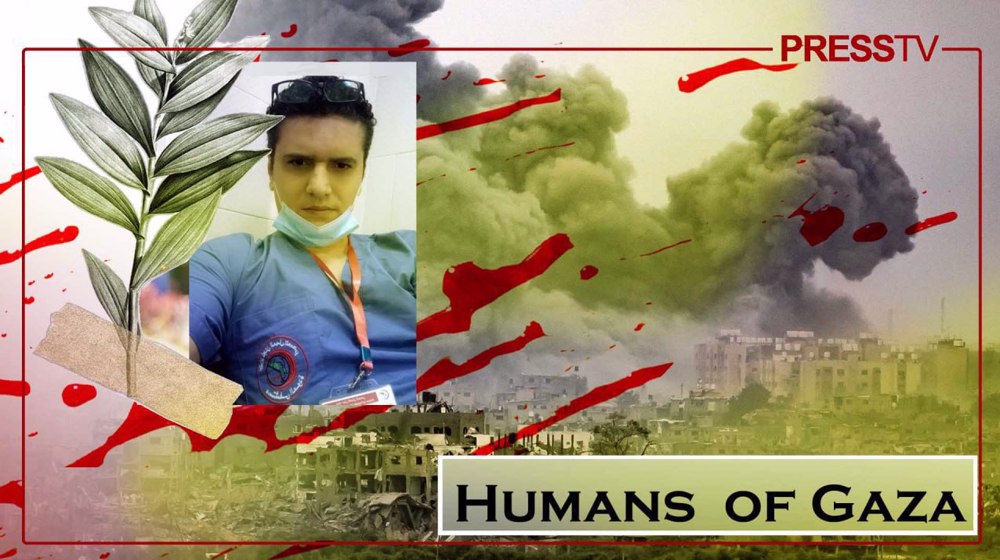
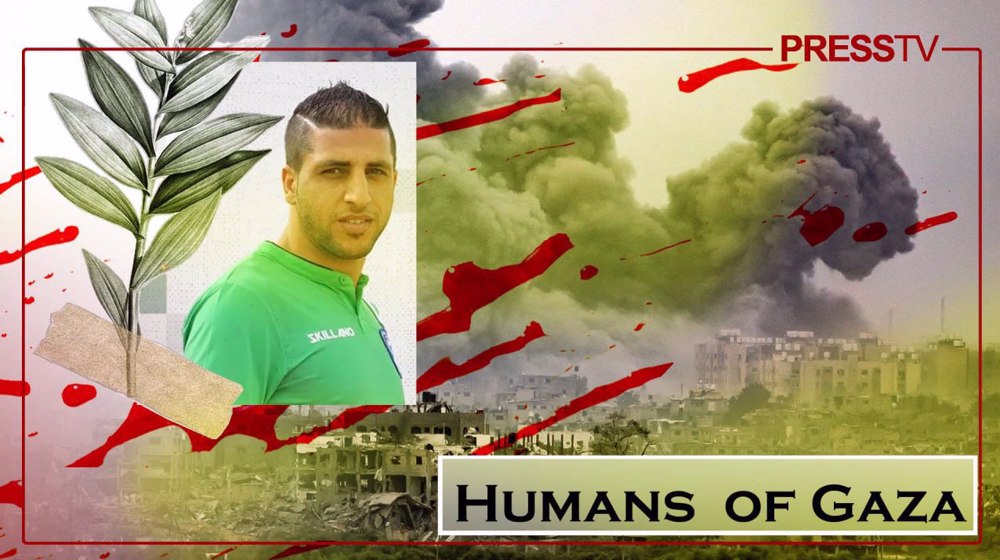
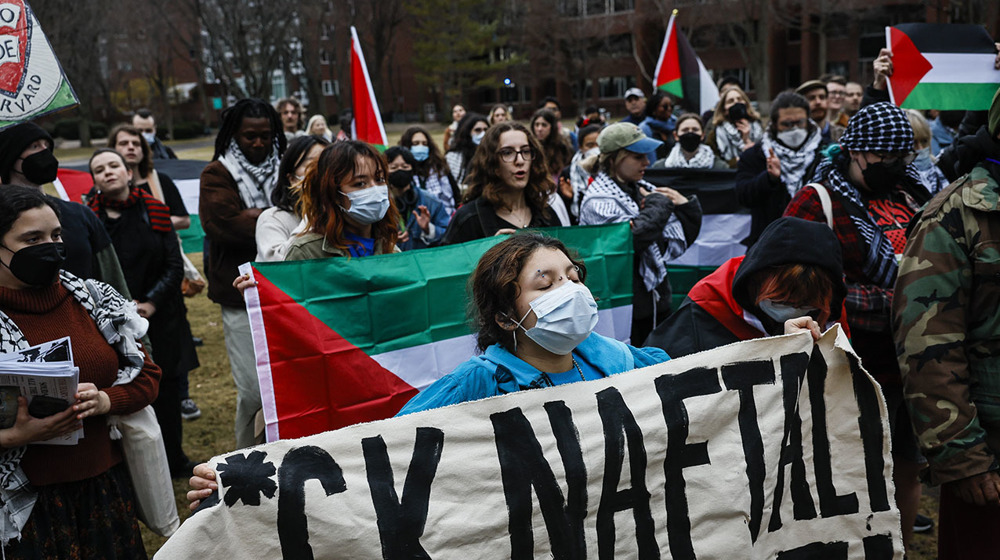
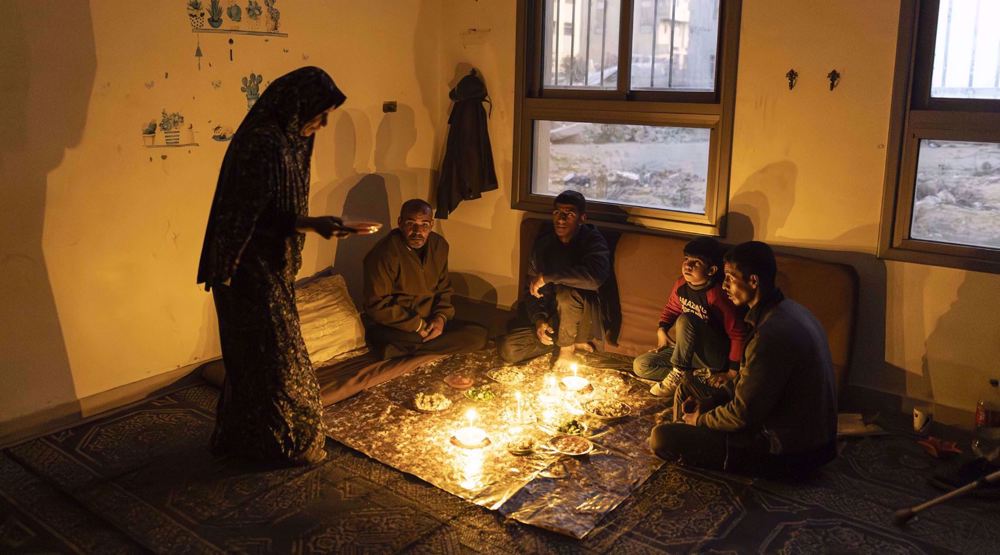
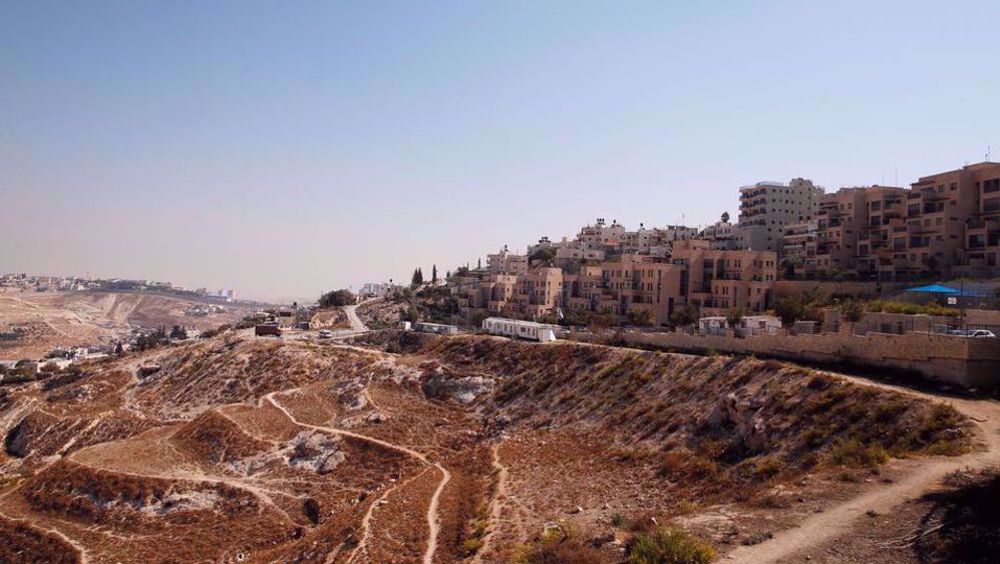



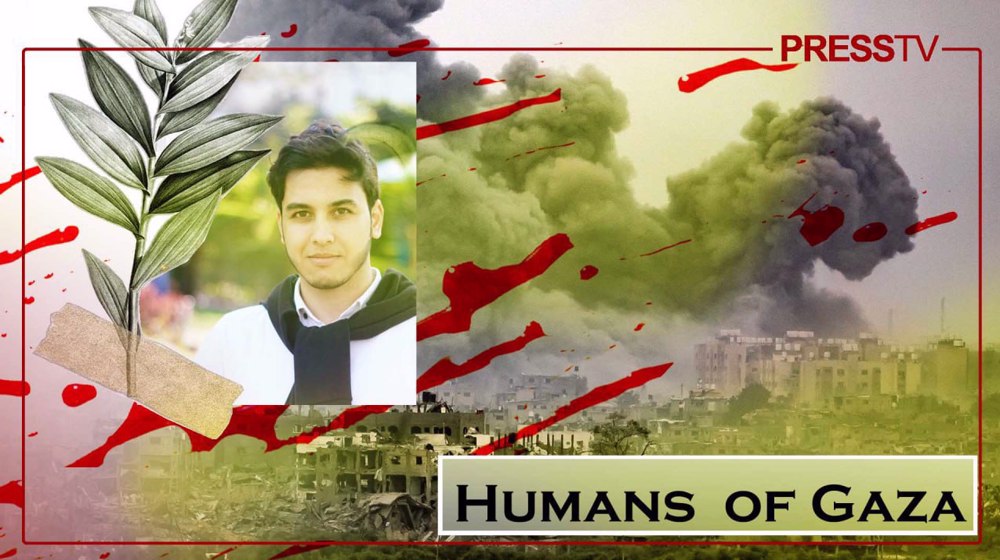
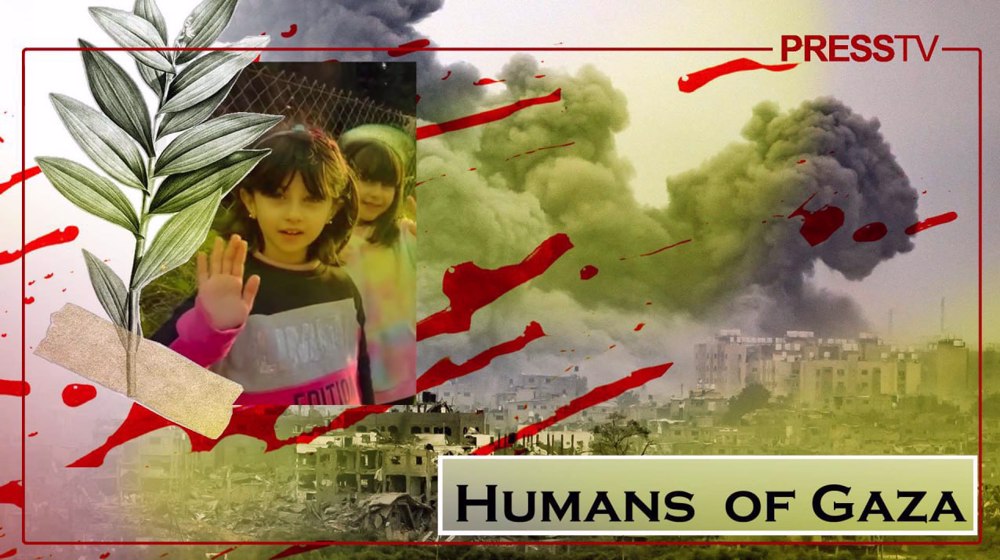
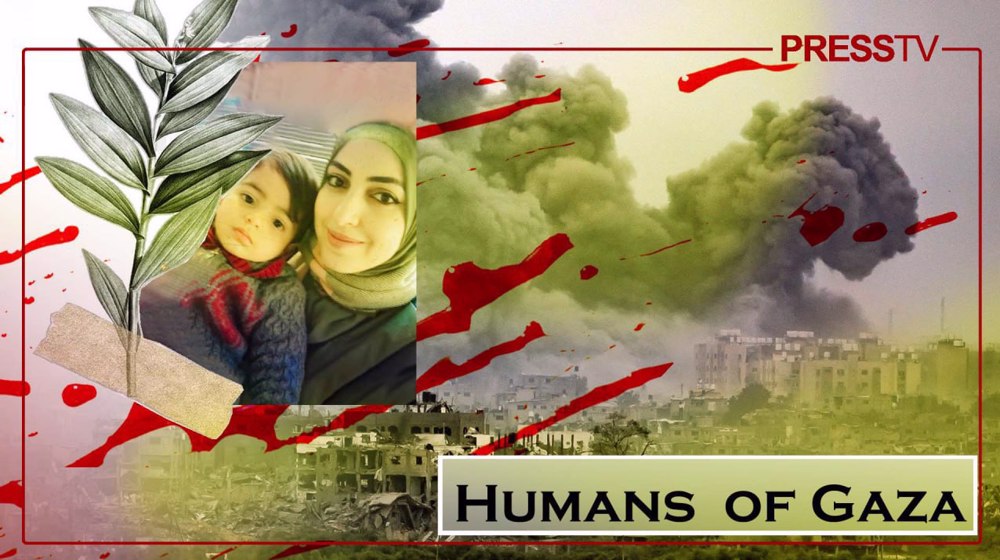
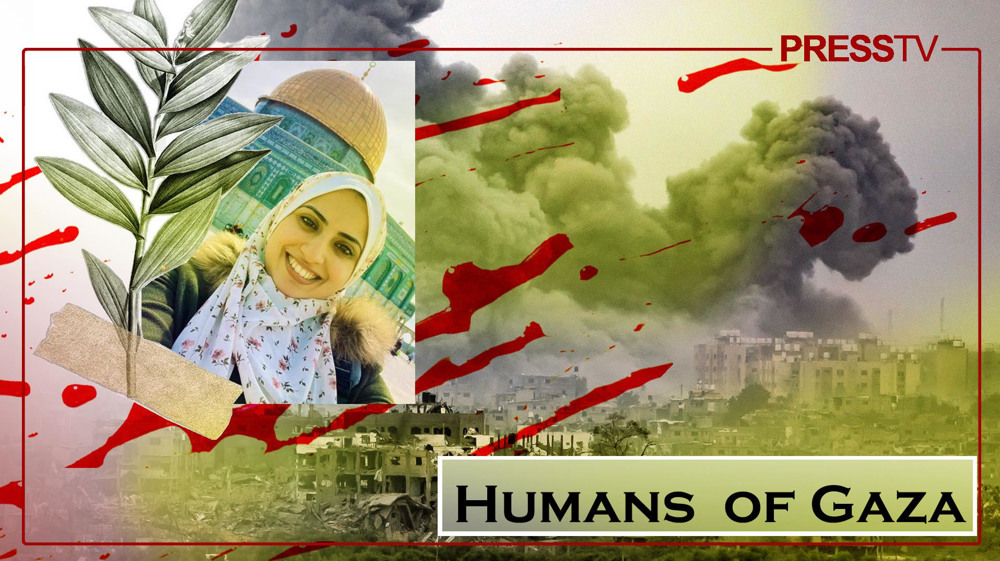
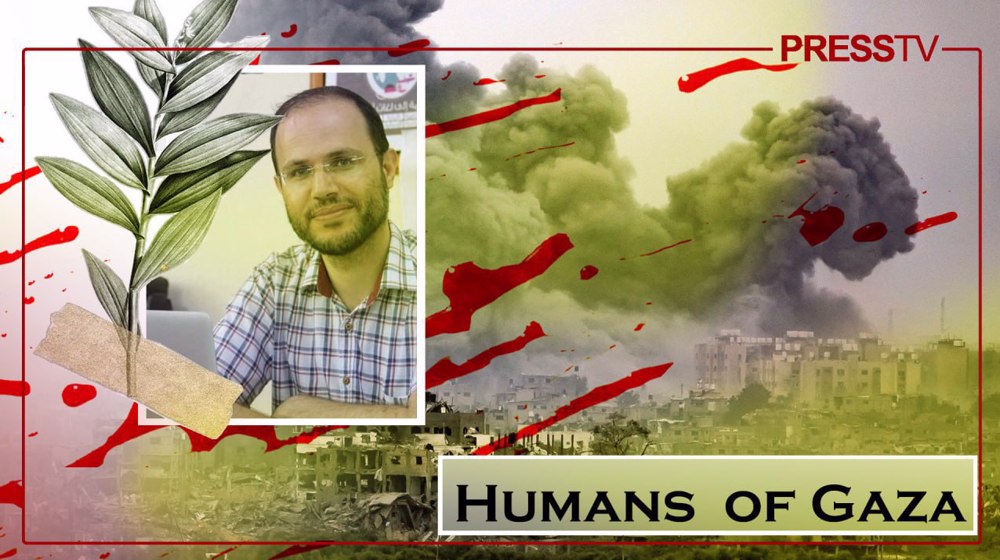

 This makes it easy to access the Press TV website
This makes it easy to access the Press TV website